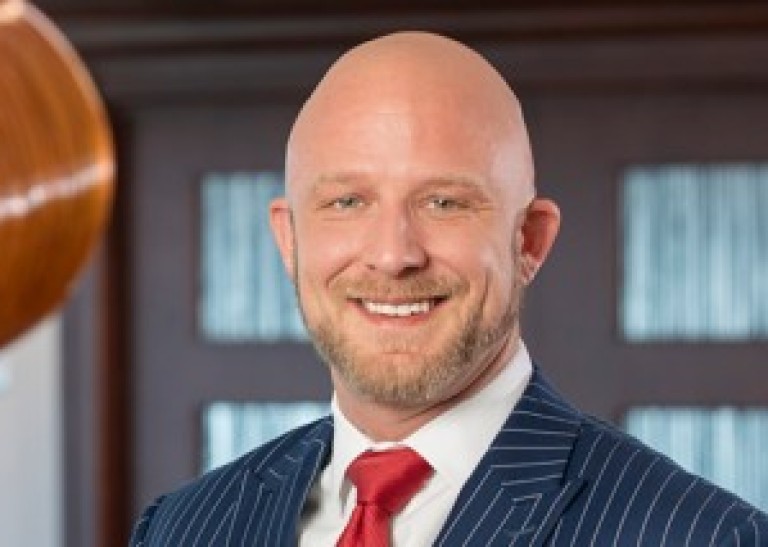

News & Insights


News & Insights
August 2025
KWTV News 9
“It essentially said: we're going to have to rely upon witness testimony and further investigations and interviews in order to determine what actually happened here,” said Collin Walke, Hall Estill's Cybersecurity & Data Privacy practice.
Walke explains the difficulty of looking at the history of what was shown on a TV like the one that was in Walters’ office.
“In this particular circumstance, I think it's gonna be very difficult to prove from a technical perspective. The TV does not keep the same kind of logs that a computer does,” said Walke. “So everything you do on your computer you can pretty much go back and trace. You can look at what files were looked at, when they were looked at, when they were opened, whether you forwarded them on whether you downloaded them.”
“In this particular case dealing with this type of TV, it’s not capable of telling you what was viewed, when it was viewed, how it was viewed,” said Walke.
“The room itself isn't necessarily secure, there are a lot of people that can come in and out of that room,” said Walke. “I can tell you that at the capitol it's quite frequent for legislators to go into other legislators offices and you would be watching a TV and somebody at that point could play apple play and share their screen from their phone onto a different representative’s TV.”
“So that is a feasible option even if there is a passcode on it,” said Walke.
Regardless of the outcome of the investigation, Walke says this is an example of why government leaders should take a second look at their cybersecurity, privacy and protections.
“Because if somebody was capable of going into State Superintendent Ryan Walters' office and showing something that he didn't want there, it begs the question of how they gained access to do that in the first place,” said Walke. “We are lagging behind, and I think this is another example of something we need to do to improve our security systems.”

